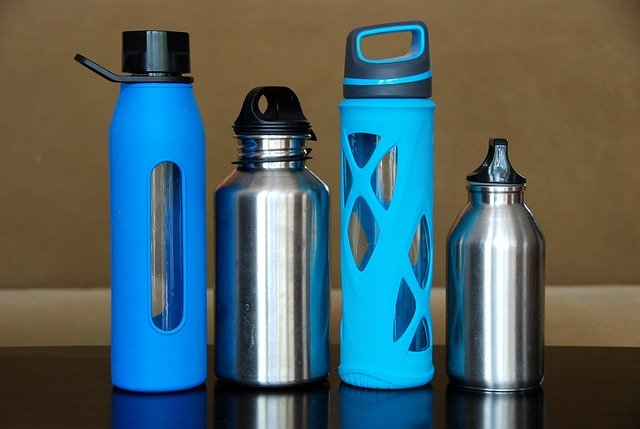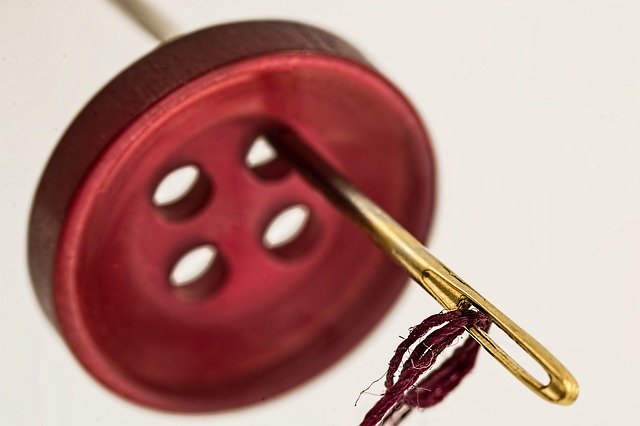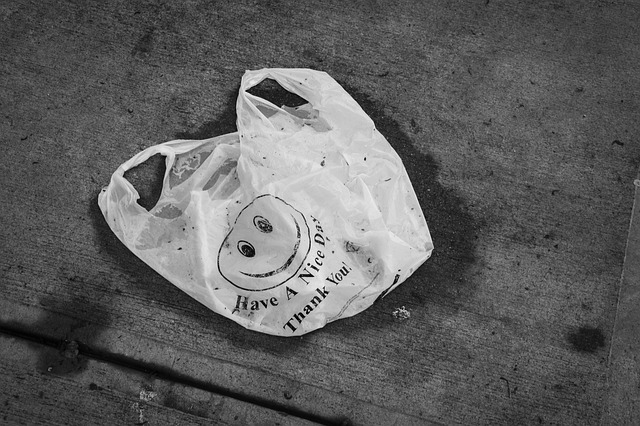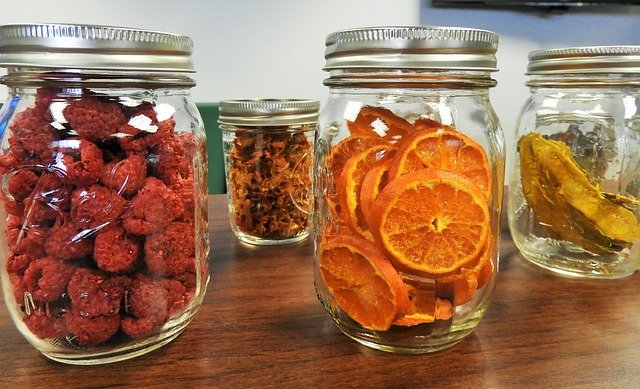This post may contain affiliate links. See my disclosure policy here.
What is Zero Waste?
Zero waste is a life philosophy designed to stop wasting or putting anything in landfill. It emphasizes buying and using only items that are reusable, buying as much as possible secondhand, and finding new uses for items you no longer need.
The thought process to adopt for zero waste living might go something like this:
- Do I really need this item?
- If so, can I borrow it or buy it secondhand?
- How long will it last?
- Can I repair it or have it repaired?
- How much packaging does it come with?
- What can I do with the item and/or the packaging when I’m done with it?
You may start saying “No” to free samples, snacks in individual serve packaging, a kitchen tool you’ll only use occasionally, or almost anything made of plastic.
Going zero waste may lead you to focus on how grateful you are for what you have. And realize that even when our budgets are tight we are still far better off than the majority of people in this world. Zero Wasters buy less in general because you don’t truly need so much, and avoid those products designed to wear out or break and that can’t be repaired.
While it may not be possible to go completely zero waste, every effort you put toward that goal will be much better for our environment. I’m very happy to report that these efforts will be much better for our budgets too.

I’ve been on a journey toward zero waste since before I heard the name for it! There are weeks we don’t put out any trash for pick up. And when we do, it’s usually less than half a kitchen sized bag full.
Zero Waste Lifestyle Kitchen
In the kitchen you can store leftovers in mason jars. Zero waste emphasizes using glass over plastic. That doesn’t mean you should throw out your plastic containers if they are still useful. Zero waste is not about going out and buying all new zero waste products! But when you need more storage, switch to mason jars or reuse wide mouth jars you save. Salsa jars are a great size and have a wide mouth. (And jar storage extends to the bathroom, bedroom, garage, and basement!) Definitely don’t buy those “reusable” but disposable Glad containers! We’ve been reusing the much more sturdy soup containers from Chinese restaurants for decades.

One area it’s really worth investing is in a travel mug and a water bottle. Zero waste shuns any single serve container for water, coffee, or any other drink. Many people keep a zero waste box or bag in their car including metal utensils, cloth napkins, a travel mug, an extra metal water bottle and some containers for restaurant take out or leftovers. Once the country is back to normal after the virus and as more people do this, restaurant workers will become more accepting of your request to put your food in your own container.
You can also cut down on the packaging your food comes in by buying at farmers’ markets or buying in bulk. My area has almost no options for bulk buying. Yes, we could buy in bulk at Costco, but that doesn’t reduce packaging much or at all. I’m referring to bins of seeds, nuts, flour, etc that you can scoop into your own containers. I’m currently researching the availability of bulk products online and look forward to sharing that information with you.
Read more ways to cut waste in my article Earth Day Tips That Will Save You Money.
Zero Waste Lifestyle Clothing

Because so many clothes end up in landfill, and fast fashion purchases support unethical labor practices, it’s a great idea to buy used clothes at yard sales or thrift shops. You can also shop used online. It’s wise to buy the highest quality, most durable clothing you can. Then when it needs a seam or button repair, it’s worth the time or cost to be repaired. It’s also worth looking at the fabrics used, especially in new clothes. So many synthetic materials, like polyester, are made from fossil fuels. When you no longer have need of a clothing item, donate it or put it in a fabric recycling bin so it can be used for industrial rags. Or use as your own rags. Worn fuzzy socks make great dust rags!
Zero Waste Lifestyle Bathroom
There are many swaps you can make in the bathroom to go zero waste. Buy a bamboo toothbrush when its time to replace yours. If you can find one with natural bristles you can compost it when it wears out! Buy floss that’s not packaged in plastic and toothpaste that’s sustainably made. You can make your own toothpaste from baking soda, coconut oil and essential oil. Switch to a safety razor and stop buying disposable. I’m now using shampoo bars instead of shampoo. They take less room, don’t need plastic packaging, and are easier and lighter to ship, saving on fossil fuels.
Limit or Eliminate Plastic and Paper for Zero Waste Living

Avoid all plastic bags! Not just grocery bags, but produce bags, and also zip lock bags unless you wash and reuse them repeatedly. Plastic packaging is to be avoided as much as possible, especially numbers 3 and up which are not easily recycled. Plastic straws should just be taken off the market in my opinion. If you really want a straw, you can find disposable paper ones, or get the ultra long lasting metal straws.
Paper products are relatively new to our homes. Many of our grandparents routinely used handkerchiefs, cloth napkins, and rags for cleaning. You can even replace toilet paper with soft washcloths, a bidet, or a quick shower. If you’re not ready for that, try to stick to sustainably made toilet paper like Seventh Generation or Marcal. (As soon as you can find them on the store shelves!)
Zero Waste Lifestyle Cleaning
The majority of store bought cleaning products are definitely not zero waste. Aside from all the plastic packaging, these products tend to use harsh ingredients and chemical scents that aren’t good for us or the environment. There are certainly better products available with gentle ingredients and refillable bottles. But I’ve been making some of my own with vinegar and other household ingredients. I really like the orange infused vinegar I make for basic cleaning jobs.
I simply put fresh orange peels into a jar of apple cider vinegar (you could use white vinegar) and let them steep for a couple weeks. When the peels start to look gray I remove them and put them in compost. I use this on floors, countertops, painted wood, the refrigerator and more.
More Zero Waste Lifestyle Tips
Did you know you can also make your own skin care and cosmetics? I’ve been making salves and balms for many years and been very happy with the results. One of these days I’ll be doing a tutorial on that and trying new recipes too.
Saving water and energy are a big part of zero waste living too. Check out my previous post on Saving on Utilities here.
A zero waste lifestyle aligns well with plant based foods. Any food scraps are far more likely to be compostable than meat based meals. Plus many plant foods use far less water and fossil fuels, especially if you eat local and organic.
Today, when so many are sheltering at home or affected by the coronavirus, going zero waste not only helps the Earth, but it can make limited resources go so much further so everyone can be thankful for what they have.
Please share any efforts you’ve made toward zero waste living in the comments below.
Don’t miss my upcoming posts on living lightly on the Earth and saving money. Subscribe to my newsletter here.

Pingback: Earth Day Tips on Utilities | My Frugal Nature
Pingback: Earth Day Tips That Will Save You Money! | My Frugal Nature